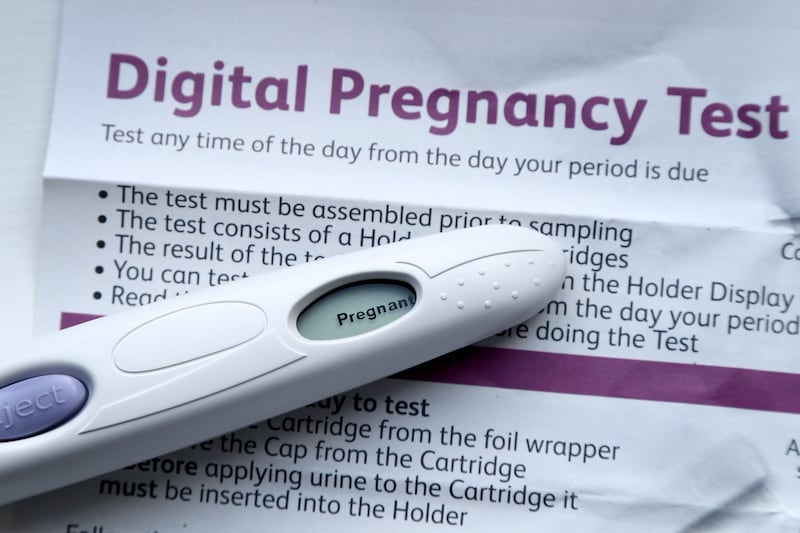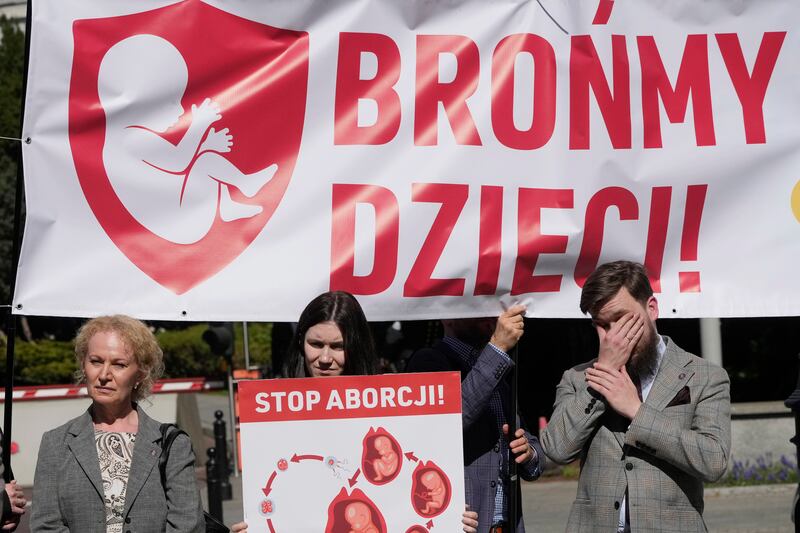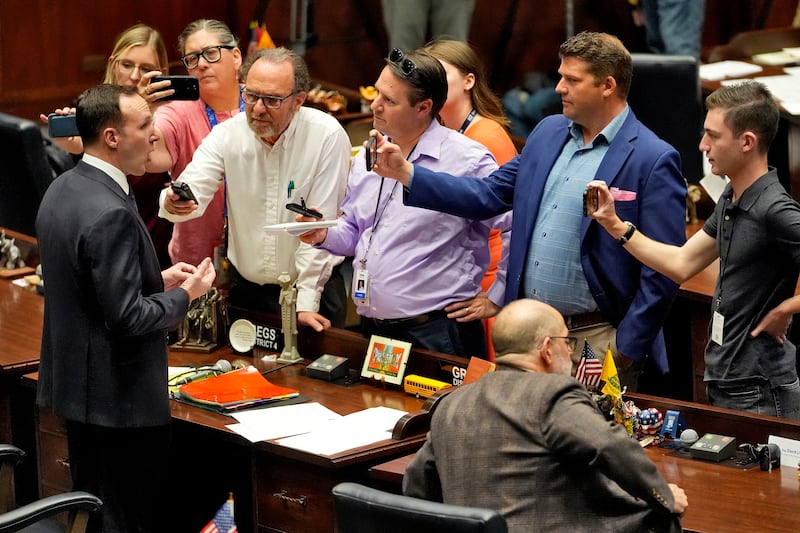ABORTION regulations introduced in Northern Ireland remain in place despite a delay to a Westminster vote, the British Government has said.
The Northern Ireland Office (NIO) said the regulations introduced on March 31 continue to apply.
It follows confusion over a delay in parliamentary procedures which prompted claims from anti-abortion activists that the regulations had been withdrawn.
The regulations are being 'remade', which means introducing the same regulations back into parliament – but it does not allow for any significant changes.
A vote had been expected next week, but the NIO said a 'remaking' is being undertaken due to the impact of the coronavirus pandemic on parliamentary proceedings.
However, it is understood it will also allow for the amending of some typographical cross-referencing errors.
An NIO spokeswoman said in a statement: "Given the unprecedented situation created by the Covid-19 pandemic and the impact this has had on parliamentary proceedings, we intend to re-make these regulations on Monday May 11, giving parliament an additional 28 sitting days to consider them.
"The UK government remains under a legal obligation to implement these regulations under section 9 of the Northern Ireland (Executive Formation etc) Act 2019."
It is understood the 'remaking' will ensure that the regulations will apply continuously, and has no effect on the provision of abortion services in Northern Ireland.
The regulations were introduced after Westminster last year decriminalised abortion in the north in a landmark law change amid Stormont's absence.
They allow abortion on request for the first 12 weeks of pregnancy and up to 24 weeks on the grounds that continuance of the pregnancy would involve risk of injury to the woman's physical or mental health.
Abortion will also be available in cases of severe and fatal foetal anomalies, with no gestational limit.
The regulations have been generally welcomed by groups who campaigned for abortion law reform, but heavily criticised by anti-abortion campaigners.
Grainne Teggart, Amnesty International's Northern Ireland campaign manager, said: "The minor technical issue identified with the regulations does not change anything – abortion remains legal and can be lawfully carried out in line with the current regulations.
"The priority remains the commissioning of services – we urge the Department of Health to ensure they are accessible to all who need them without delay.
"During the Covid-19 pandemic this is all the more urgent, as travel for this healthcare is not viable and so women and girls are being put at risk."
The Society for the Protection of Unborn Children (SPUC) said the decision to "force abortion on demand on the people of Northern Ireland against their will lacks all legitimacy".
It called on the British government to repeal section 9 of the Northern Ireland (Executive Formation) Act.








